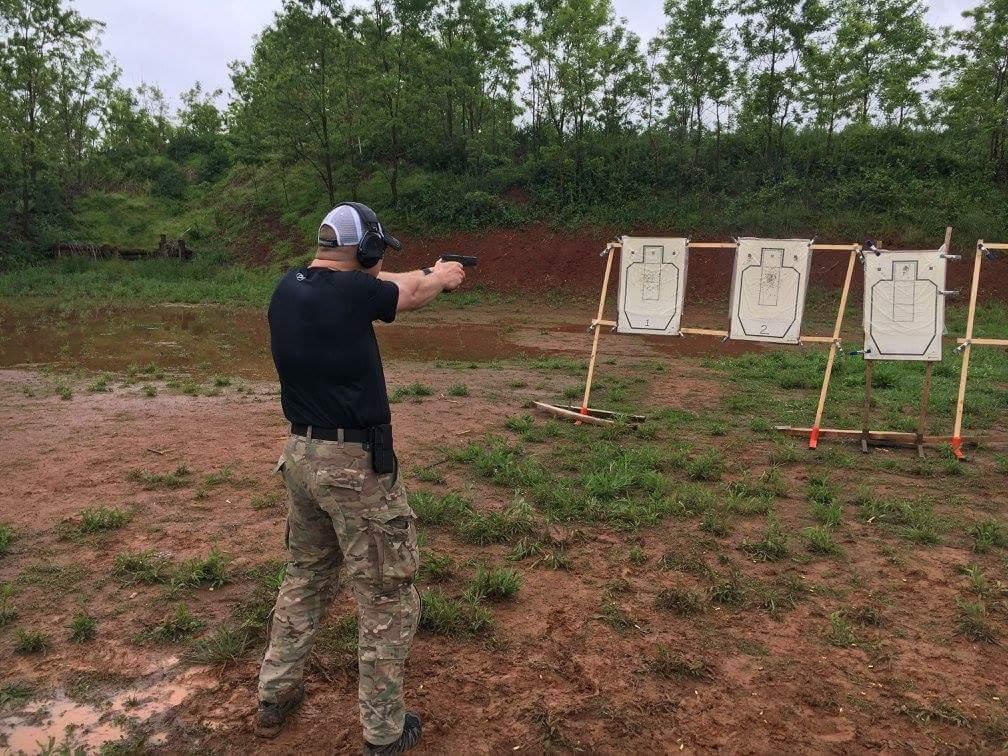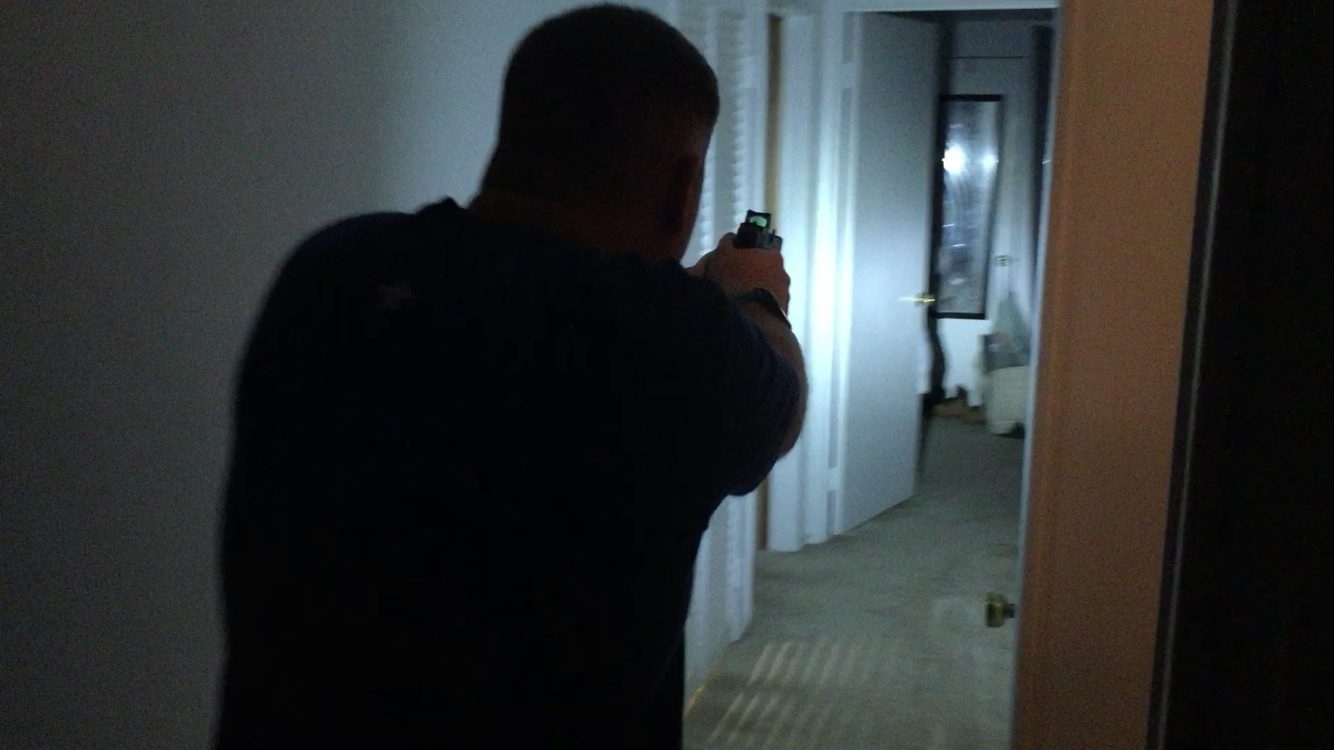Our society is enamored with success. We love winning.
Each of us measures success differently based on our vocation, hobby, or passion. The common denominator among people we deem to be successful is their ability to diligently apply themselves to the development of the skills specific to their trade. We call that specific development of skills training. Training is necessary to be successful at any level regardless of the task. Why should fighting with a gun be any different?
I believe success in a violent, lethal encounter is survival. Surviving such an encounter is based on a great many variables; the only one of which we can control ahead of time is our level of preparation. In order to be successful in a violent encounter you have to train. Too many people assume that just having a gun is enough. It is not enough. You must train and you must do so accordingly if you want to survive or ensure the survival of your loved ones.
Training for the eventuality of a violent encounter can be a daunting task. It is uncomfortable for most people to think about what a violent encounter will be like and what may be required of you to survive such an encounter. So I encourage every person reading this who owns a weapon to stop and honestly consider the purpose that tool was created for, why you purchased it, and when, if ever you would be willing to use it.
Make no mistake; deploying your weapon in combat will be terrible and violent. It is not a decision that should be entered into lightly. Once you have the answers to those questions it is time to train.
Put your training in context: your firearm is there for your protection; your self defense or that of your loved ones. You are training for the scenario when that possibility becomes a reality. You are literally training for the gun fight of your life.

People often get caught up in all of the reasons not to train. The painful truth is that nothing comes easy. No skill set can be purchased through fancy equipment. You have to find a way to train. Training can come in many forms from the expensive class with the A list instructor to quietly working dry fire repetitions in your basement.
Each individual has a different level of skill and experience with their weapon and their training regimen should reflect that. Let your purpose dictate your training. That being said, the foundational skills required to be a successful shooter do not change with circumstance or equipment. You must master the fundamentals to be a successful shooter. All of the advanced training and knowledge available is worthless if you cannot put your rounds where you want them.
As you begin your training ensure it is challenging, beneficial, structured and allows for measured improvement. The type, intensity and duration of training will be dependent on the end-user. The most important part of any type of training is the effort you put into it. Hiring every grand master the world has will not amount to anything if you simply do not invest yourself in their instruction. Remember that when the moment of violence comes your adversary will not care how much or how little you have trained.

Approach your training with a plan. You should identify a training goal for each range session, class or competition. Have an outline of what skills you want to focus on, what distance you want to train, what targets you want to use, light and weather considerations, time considerations etc. You will need a way to record your performance. I say performance and not results because good results will come from performance. Performance is not a product of results.
For each drill you complete make notes in a notebook about what went well and what did not. Another option is to have a friend film you as you shoot. Then you can review the film to identify strengths and weaknesses. This is important so you can track your progress. Always focus on what you can control. You control your attitude, commitment and desire. Those all affect your performance. Consistent performance in training will yield advanced results. Remember we are training to ultimately survive a violent encounter. Be honest in your assessment of your abilities, performance and progress.
Train because your life depends on it. Train because the lives of your loved ones depend on it. Train because you want to, because it is your passion, because it is your job. Just find a way to train and do it often. Train hard. Train purposefully. Train to survive. Train to win.

